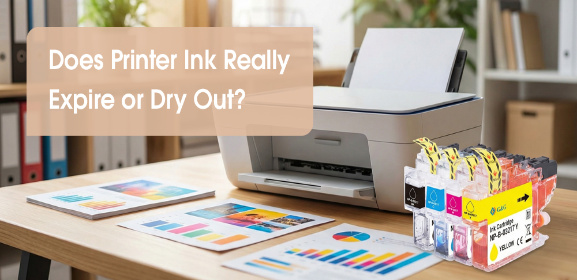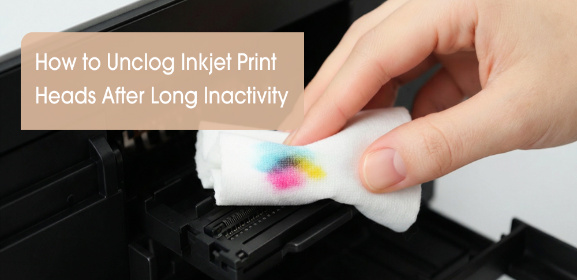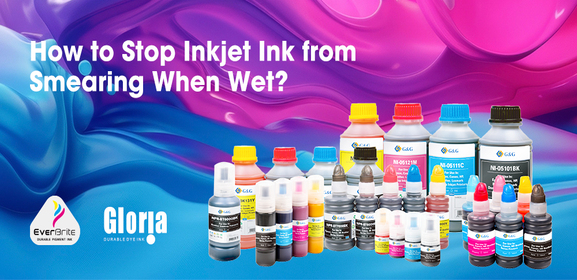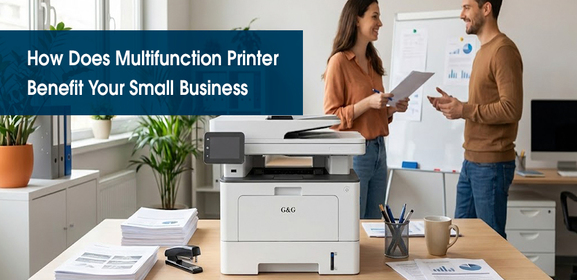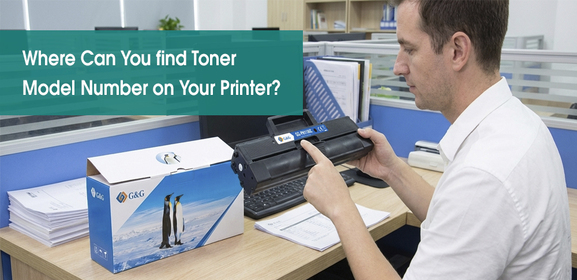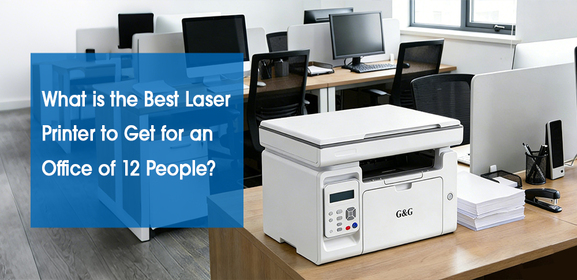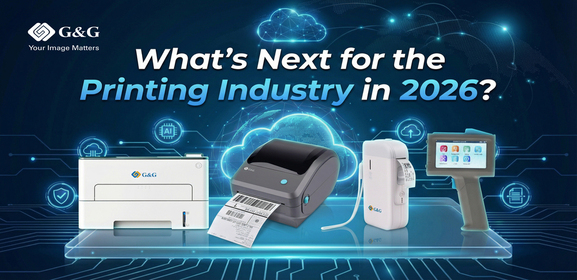-
Consumables
- Printers
- Industries
- Innovation
-
Partners
G&G Partner ProgramCo-Innovating Tomorrow Read More >
- About Us
-
Contact Us
If you've ever needed to label your files, organize your pantry, or get your e-commerce orders out the door faster, you know how handy a label printer can be. But how do you pick the right one? Here's everything you need to know to find the perfect label printer for your needs.
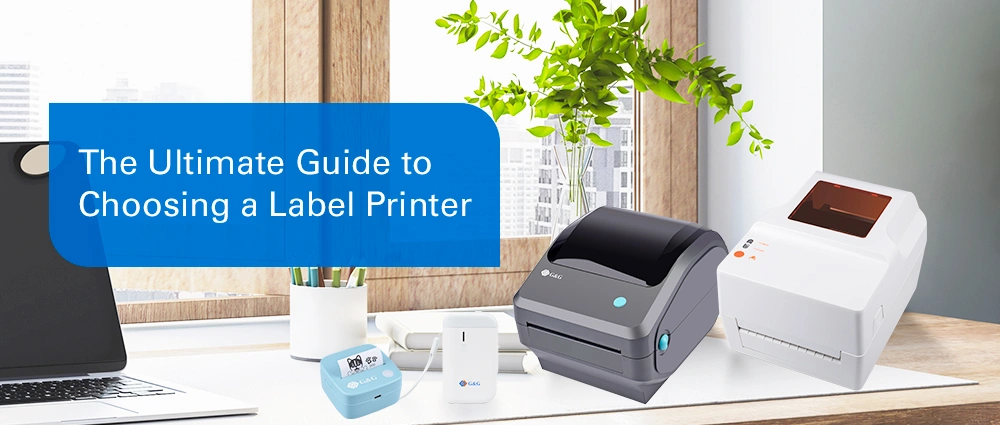
First things first: why do you need a label printer? Are you just looking to label some folders in your office, or do you need something more robust for shipping products in your small business? Maybe you want a versatile printer that can do it all. Knowing what you’ll mainly use the printer for can help you narrow down your choices.
Desktop label printers are for small to medium businesses. They typically handle label sizes ranging from 2 inches to 4 inches wide and print at a speed of around 150mm/s, making them great for printing shipping labels. If you’re printing up to 500 labels a day, a desktop label printer should work well. They usually connect to your computer via USB or Bluetooth.
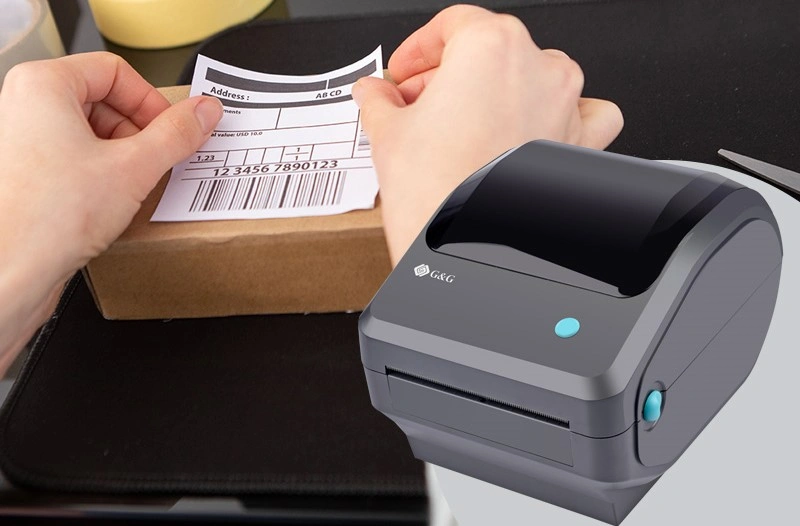
For businesses with more demanding needs, industrial label printers are a better choice. Built to handle high-volume printing in tough environments like factories, warehouses, and distribution centers, they can print over 1,000 labels a day. They’re ideal for big jobs like pallet tags and large-scale inventory labeling.
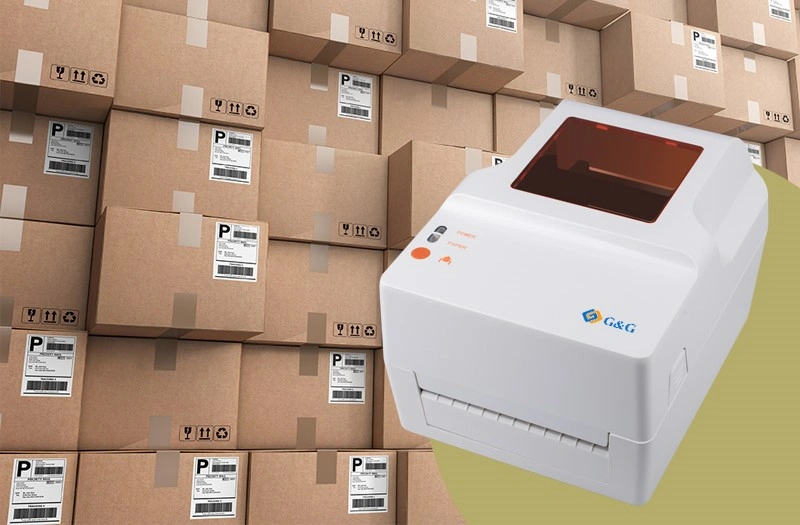
Portable label printers are lightweight and battery-operated, so they're easy to carry around. They connect wirelessly to mobile devices via Bluetooth or Wi-Fi, allowing you to print labels anywhere. Potable label printers usually print labels up to 2 inches wide, making them great for small labels, such as storage bins and file folder labels. If you need to print up to 50 labels a day, a portable label printer could be a great fit.
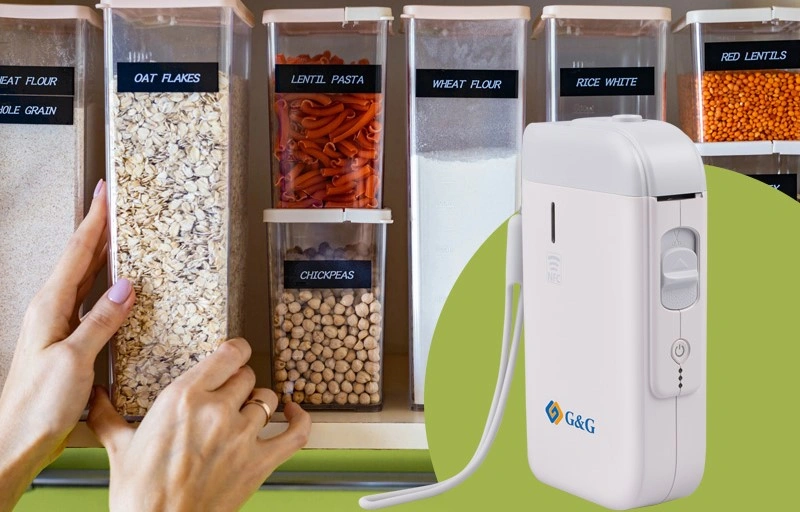
For simple, everyday tasks, an embossing label makers are a good option. They don't need batteries or electricity to work. You simply turn a dial to select the letter or symbol you want, then press down to emboss it onto the label tape. The labels created by embossing label makers are highly durable. Embossing label makers typically print narrow labels, usually around 0.3 inches wide, suitable for creating basic labels for things like file folders, storage bins, cables, or personal items.
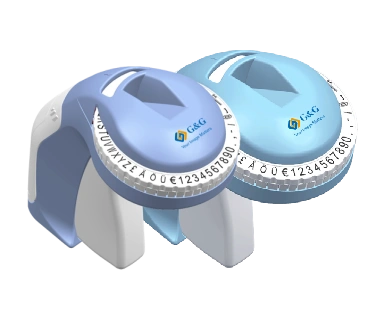
Lastly, RFID printers are specialized for industries that require advanced tracking and inventory management, such as logistics and manufacturing. They print and encode labels that can be read by RFID scanners, which helps with inventory management and security. RFID label printers often handle a range of sizes, typically from 2 inches up to 6 inches wide, suitable for various applications like asset tracking and product tagging.
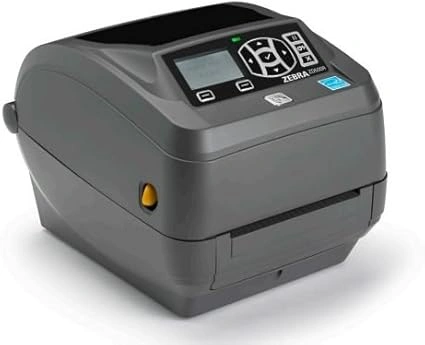
Label printers use a few different types of printing technologies, and the one you choose can affect your labels' quality and durability of your labels.
use ribbons made of wax or resin-based ink that melt onto the label. They require both label tapes and thermal transfer ribbons. The printed labels are more durable, making them great for long-lasting applications like product labeling, compliance labeling, or inventory management.
use heat-sensitive paper that darkens when heated, so no ink or toner is needed. Direct thermal labels are sensitive to heat and light, making them ideal for items like shipping labels, receipts, or event tickets that don't need to last for long.
Label printers offer several ways to connect, so think about how you’ll use yours.
USB is the most common connection. It’s perfect if you’re planning to plug the printer directly into your computer.
allows you to print from multiple devices without dealing with cords, so a Wi-Fi label printer is a great choice. This is great for homes or offices where you might want to print from a laptop, phone, or tablet.
is available on most portable label printers. Bluetooth lets you print wirelessly from a smartphone or tablet.
Good software can make a big difference in how easy it is to design and print your labels. Look for printers that come with user-friendly software and offer lots of design options and templates. If you’re using the printer for business, you might want one that works with programs like Microsoft Office or shipping management tools.
